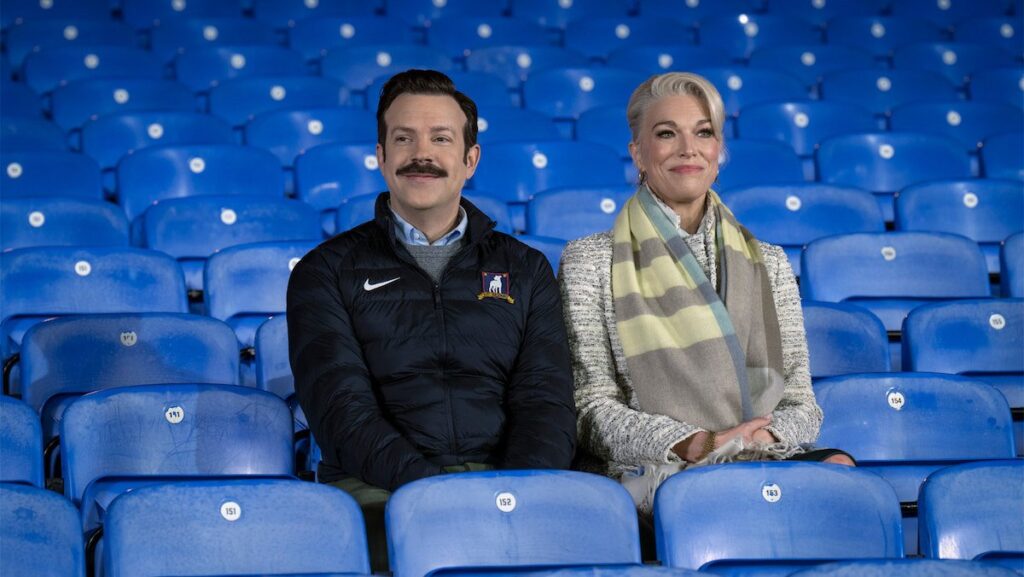Like lots of other Ted Lasso fans I thought season three was a mess at best and terrible at worst. Being an improvement over a dreadful second year wasn’t enough. I couldn’t wait for many of the the season’s long, tedious episodes to end. Rushed, uninteresting, and abandoned subplots, along with incoherent character arcs, were too much for the show’s stronger elements to overcome. But while all the criticism following its apparent finale is more than fair and reasonable, it fails to capture what remained special about the show from the beginning until the end.
No matter how frustrated I got with Ted Lasso‘s writing I still cared about its characters and the world they inhabited. Even when I desperately wanted an overly maudlin installment to finish I still wanted to spend more time with AFC Richmond later. And even now, when the memory of a sublime first season feels so distant, I wish we were getting another year. Because ultimately, thanks to its sincerity and refusal to ever give in to cynicism, Ted Lasso always made me feel good even when it wasn’t very good.
The show’s season three issues are already well-documented. But none better captures its many problems than the story of Nate Shelley. Did he earn his redemption by the end of Ted Lasso? Not even a little bit. The only thing less developed than his heel turn in season two was his about-face in season three. (Either that or the “character” of his girlfriend Jade.) Nate never fully grappled with or acknowledged exactly what he did to his former friend and team, let alone why he did it. The series made him its biggest villain, then expected us to care about him personally before giving us a single reason to. And when it did try those reasons felt wholly inadequate.
Even Nate’s single attempt at atonement was laughably deficient. The only thing more ridiculous than Nate actually coming back to AFC Richmond after that meager act of penance towards Will was that the team—which recently despised him—unanimously asked him to return without providing a single explanation why they wanted him back.
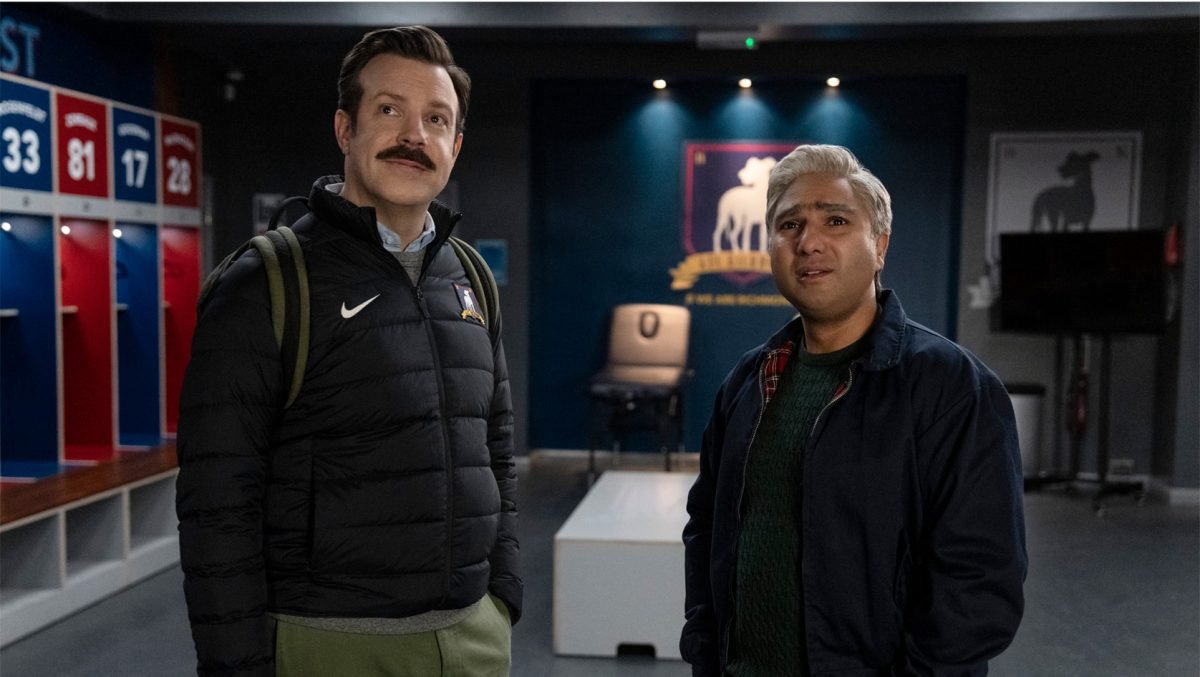
Despite all of that maddening inanity, I always wanted Nate to make his way back to Richmond. And despite how completely unearned his redemption was, I was happy when he got it. Just like I was happy when Coach Beard forgave Nate without Nate deserving that grace.
I have never before been as emotionally invested in a character’s story without actually liking their story as I was with Nate—let alone when I actively hated a character’s story. And that wasn’t just true of him. It was true of every non-Rupert character. I didn’t like much of what the show did with Rebecca or Keeley in season three. I’m also still trying to figure out exactly why the show kept telling us Roy was such a mess when he seemed mostly fine. And yet I desperately wanted all of them to end up happy.
I think Rebecca’s final scene, when she ran into that pilot from Amsterdam, was monumentally stupid and epitomized the strained believability that came to dominate the show. But I’m genuinely thrilled to know she might finally find real love. I care about Rebecca.
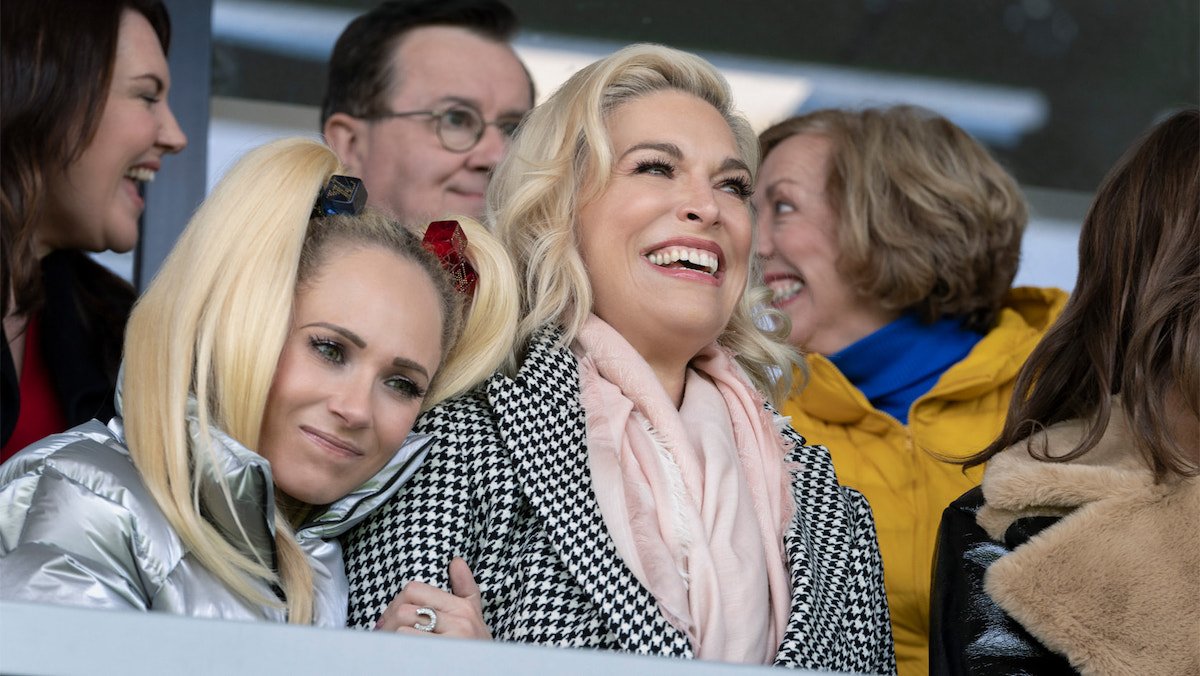
That’s only true because ultimately what Ted Lasso was about was always more important than how it told its stories. And what it was about was imagining the world can be as good as we wish it were. Jason Sudeikis’ coach, despite his own problems, was a force of good in the lives of everyone he met simply because he always wanted to see the good in others. He wouldn’t give up on them and what they could be. Nor would he define them by their worst traits or moments.
He knew inside of us all is not only the best version of ourselves, but a desire to be that person. And sometimes all we need to become our best selves is someone else believing in us.
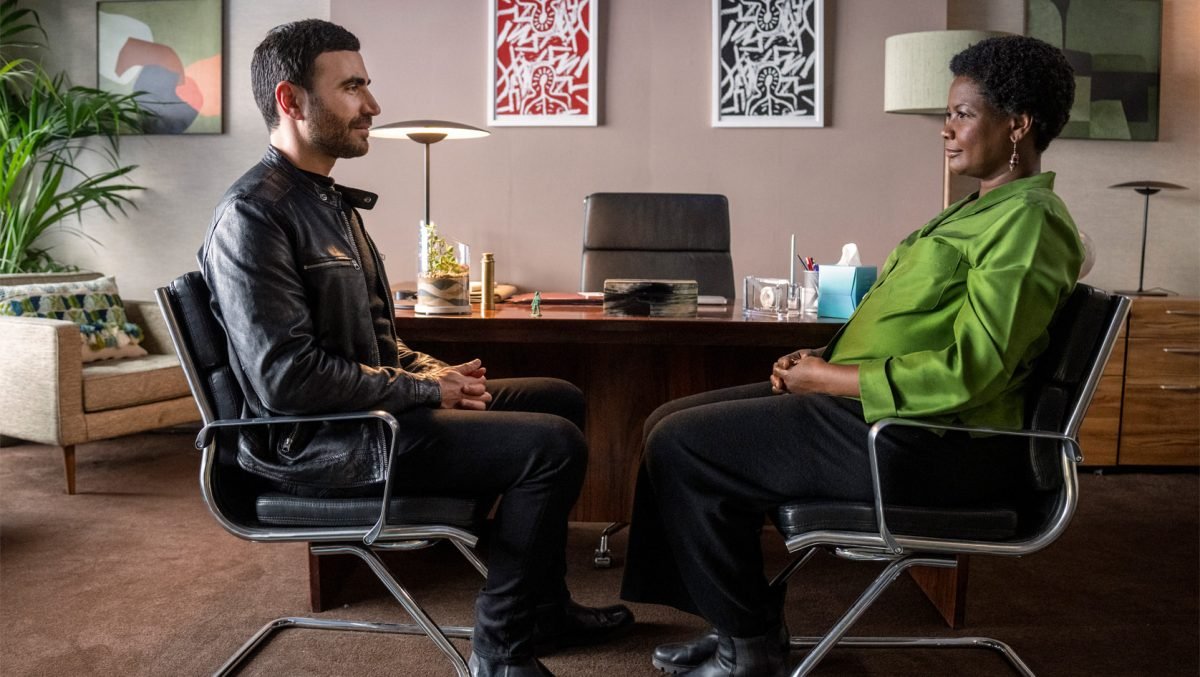
Ted’s humanity, expressed through attitude towards life and others, was infectious. His heart inevitably brought out the good in those around him, even those most reluctant to embrace him. In doing so they all created a better, more loving, more welcoming place. It’s a world that couldn’t have arrived at a better and more needed time for us the viewers. The show gave us so many of the things we desperately need and want in real life.
Compassion, humanity, grace, forgiveness, togetherness? Unfortunately these are not words that describe the world we inhabit. We’re divided by hate and fear rather than united by love and empathy. But not on Ted Lasso. The show provided a respite from all of that. More importantly it provided us a reminder of what we could do if only we all tried to follow Coach Lasso’s lead ourselves.
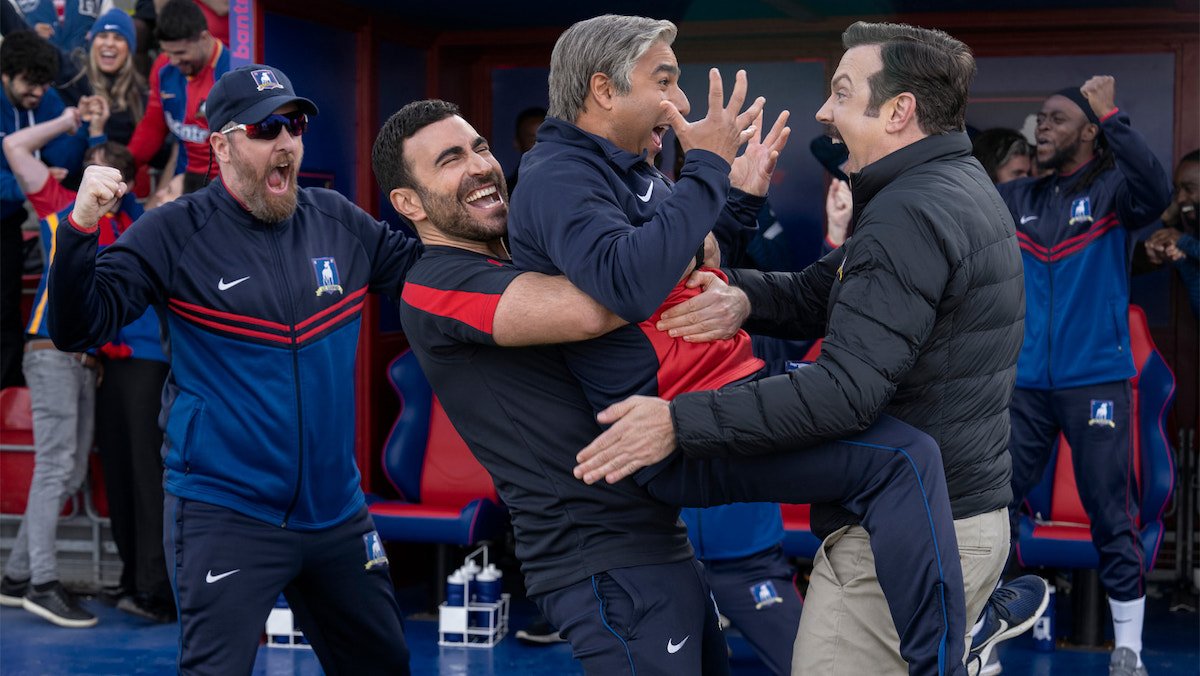
Did the show sometimes go from hopeful and heartwarming to annoyingly saccharine? Constantly. But that’s better than going from hopeful to overly cynical. Too much love is always better than too much hate. It’s why we know Ted was right to forgive Nate even if Nate didn’t deserve it. In fact, that was more reason to forgive him. Life is better when we let go of our animosity. In refusing to not let anger consume him, Ted not only helped his friend, he helped himself and the team he left behind. AFC Richmond is a better place with Nate on its sideline, just as he’s a better person by being there.
In the end Ted Lasso didn’t live up to its incredible first season. But to define or remember this show only by its failures is to miss how much it succeeded at what it most wanted to accomplish every episode and every season. Ted Lasso gave us something to believe in. It was something far more important than any plot or character arc’s shortcomings. Ted Lasso reminded us who we can be when we are kind to one another, and that always felt good.
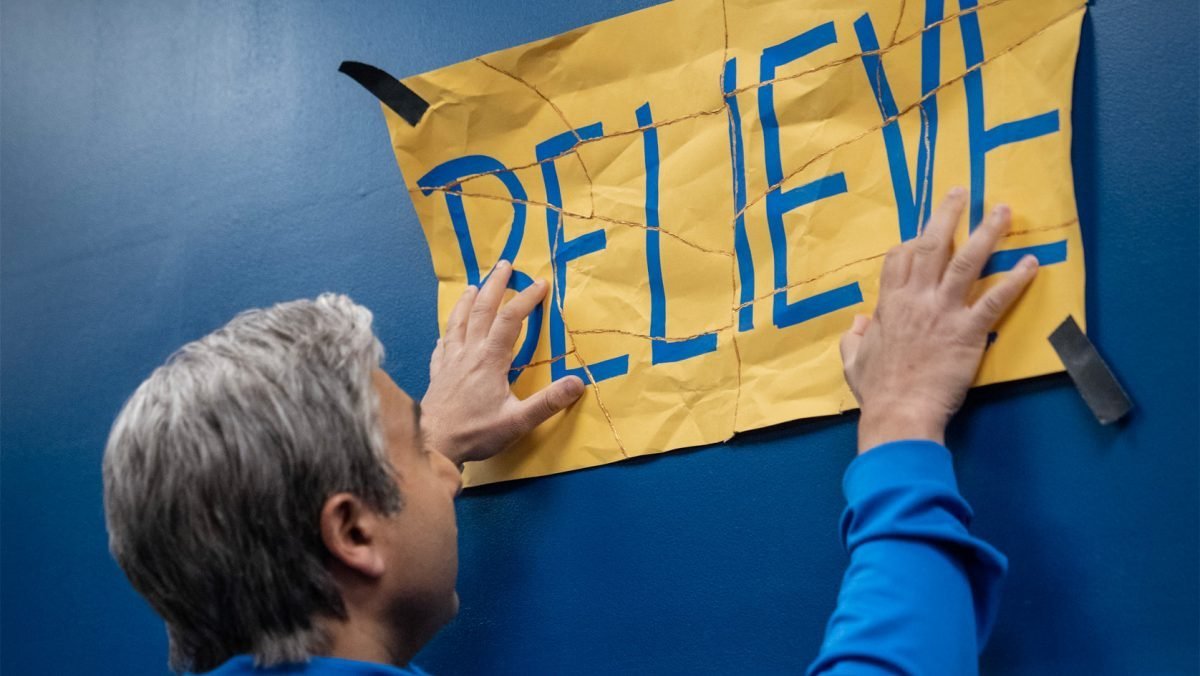
Mikey Walsh is a staff writer at Nerdist. You can follow him on Twitter at @burgermike. And also anywhere someone is ranking the Targaryen kings.

